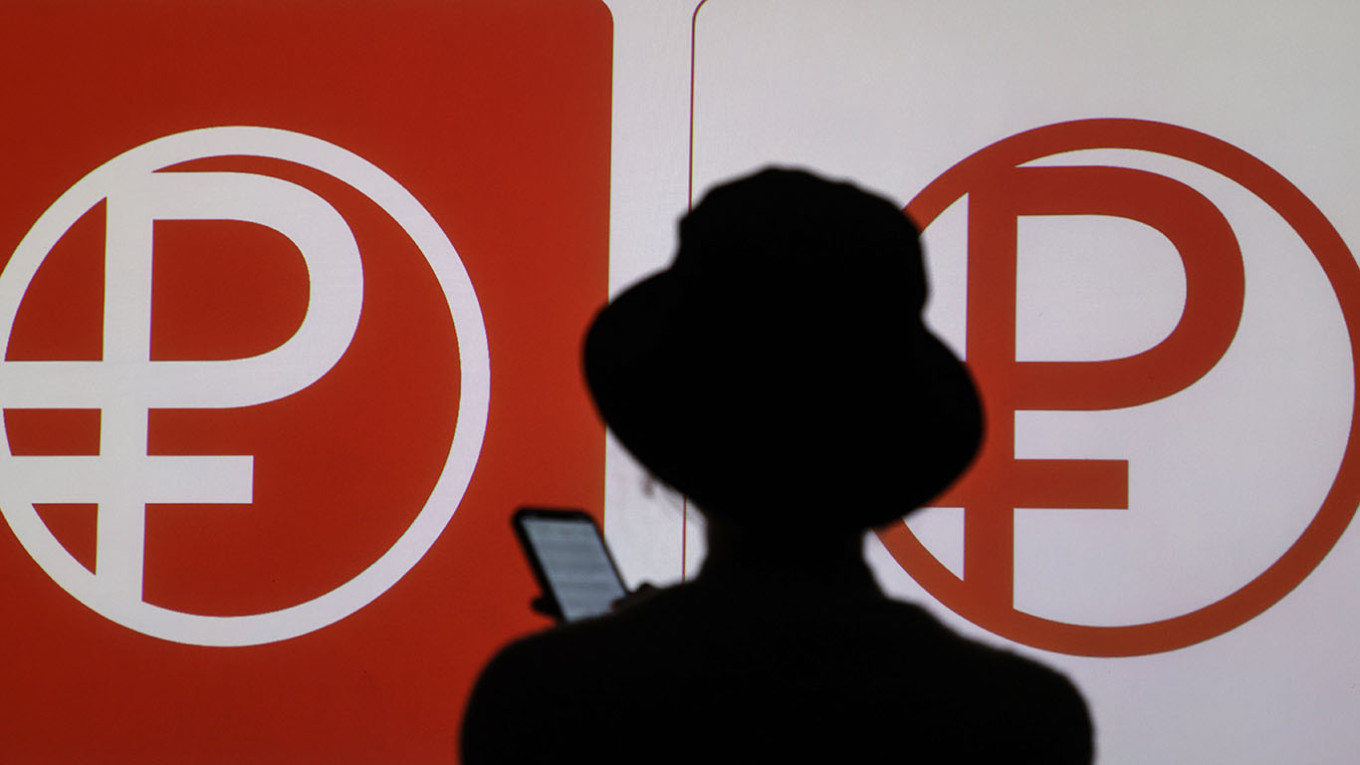A majority of Russians remain skeptical of the country’s planned digital currency, with more than half saying they are unwilling to adopt the digital ruble for everyday transactions, according to a new survey published by the state-run pollster VTsIOM and reported by RBC.
The Central Bank’s blockchain-based digital ruble is being developed as a domestic payment alternative to bypass foreign banks and Western financial networks like SWIFT, raising questions about whether it would successfully help Russia evade sanctions.
In the survey, 51% of respondents said they were not prepared to use the digital ruble, while only 35% said they were willing to give it a try, up slightly from 30% in 2023.
When asked about the potential advantages of a digital currency, 40% said they saw no benefits at all, while 37% said they struggled to identify any. Only 10% cited greater security and protection from fraud as possible positives. A further 3% mentioned convenience and state oversight as potential advantages.
Concerns about data security topped the list of perceived drawbacks, with 12% citing the risk of personal information leaks.
Eight percent expressed fears of increased government surveillance, 6% pointed to reliance on internet connectivity and 4% described the system as overly complicated.
Awareness of the digital ruble also remains limited. Just 7% of those surveyed said they were well-informed about the currency. Nearly half reported only a vague understanding of the concept.
VTsIOM researchers concluded that the digital ruble remains abstract and unfamiliar for many Russians.
A Central Bank spokesperson responded that skepticism toward new technologies, especially in finance, was “to be expected,” noting that similar concerns arose when bank cards and Russia’s fast-payment system were first introduced.
Officials stressed that participation in the digital ruble system would be voluntary and said education efforts would continue.
Legal expert Diana Galimova told RBC that public wariness largely stems from distrust in government assurances.
“Although the Central Bank insists oversight won’t exceed current levels in banking, widespread distrust in the government means many people remain unconvinced,” RBC quoted Galimova as saying.
She added that the lack of direct experience with the digital ruble has left many Russians vulnerable to rumors and misinformation circulating online.
A Message from The Moscow Times:
Dear readers,
We are facing unprecedented challenges. Russia's Prosecutor General's Office has designated The Moscow Times as an "undesirable" organization, criminalizing our work and putting our staff at risk of prosecution. This follows our earlier unjust labeling as a "foreign agent."
These actions are direct attempts to silence independent journalism in Russia. The authorities claim our work "discredits the decisions of the Russian leadership." We see things differently: we strive to provide accurate, unbiased reporting on Russia.
We, the journalists of The Moscow Times, refuse to be silenced. But to continue our work, we need your help.
Your support, no matter how small, makes a world of difference. If you can, please support us monthly starting from just $2. It's quick to set up, and every contribution makes a significant impact.
By supporting The Moscow Times, you're defending open, independent journalism in the face of repression. Thank you for standing with us.
Remind me later.






